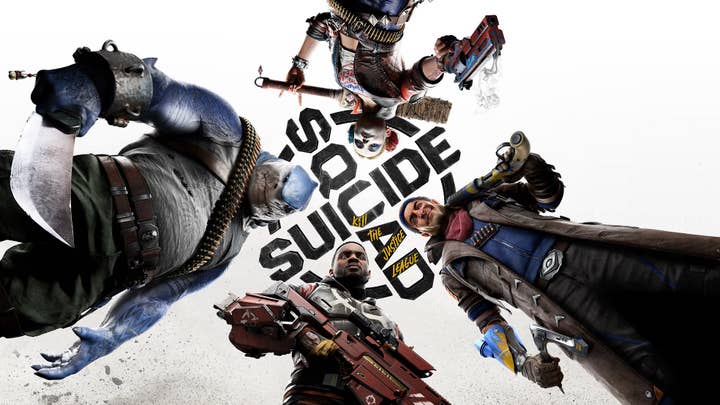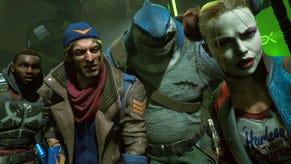Insiders blame Suicide Squad's failings on changing vision and lack of live service skills
Report cites sources criticising the genre pivot away from the studio's strengths and a culture of "toxic positivity"
A new report into the development of Suicide Squad: Kill The Justice League has said that frequent changes in vision, perfectionist leadership, and Rocksteady's lack of experience with both multiplayer and live service games are among the reasons the game flopped.
Warner Bros published Rocksteady's latest at the end of January this year. Despite Rocksteady's track record of delivering acclaimed and hugely successful titles with its Batman: Arkham trilogy, Warner's CFO Gunnar Wiedenfels revealed just a month later that Suicide Squad had failed to meet sales expectations.
Last month, Warner Bros CEO David Zaslav revealed it lost $200 million and significantly impact the company's Q1 performance.
Now Bloomberg has posted an extensive report on the game's development, speaking to more than 20 people involved with the project. Warner Bros and Rocksteady's co-founders Jamie Walker and Sefton Hill declined to comment.
According to Bloomberg's sources, Rocksteady was not the original developer for Suicide Squad. The game had been in the works at Warner's Montreal studio, but Warner cancelled this project and instead turned to Rocksteady, which had been protoypng a multiplayer puzzle-solving game codenaed Stones. Stones was scrapped at the end of 2016, with the aim of releasing Suicide Squad by 2020 at the latest.
Sources say Warner Bros pitched to Rocksteady management to make it a live service game following the success of titles such as Destiny and League of Legends, which the studio agreed to. However, staff were uncomfortable with this vision as Rocksteady had no experience or expertise in this genre. Suicide Squad's game world and need to support four players simulataneously was also more complex than any of the studio's previous titles.
Part of the solution to this was recruiting more talent, with Rocksteady's headcount rising from 160 people to more than 250 in the course of seven years, which managers found difficult to cope with.
The vision for the game kept changing throughout; for example, a vehicle system was scrapped after several months of experimentation and prototyping, and combat shifted from melee to shooting, despite some of the characters (such as Captain Boomberang) being better known for their melee combat style.
However, sources said management kept promising Suicide Squad would come together towards the end of development, as had happened with the Batman games. Some described the studio atmosphere as one of "toxic positivity," where any criticism was discouraged.
Pressure was added by Warner Bros reportedly telling the studio it expects Suicide Squad to become a billion-dollar franchise, despite the struggles of similar titles like Marvel's Avengers, Anthem and Redfall.
Another significant factor was the departures of Walker and Hill in late 2022, who have since formed a new studio Hundred Star Games.
However, it's also claimed that when Hill was still serving as the game's director, he created a bottleneck with his alleged perfectionism and would delay development by takings weeks, sometimes months, to review work.
The report concludes that Rocksteady is not expected to suffer any job cuts in the wake of Suicide Squad's failure, as Warner Bros feels it is already understaffed compared with other games publishers.
The studio is said to be assisting with the development of a 'director's cut' version of last year's smash hit Hogwarts Legacy, as well as preparing pitches for a new single-player game.



